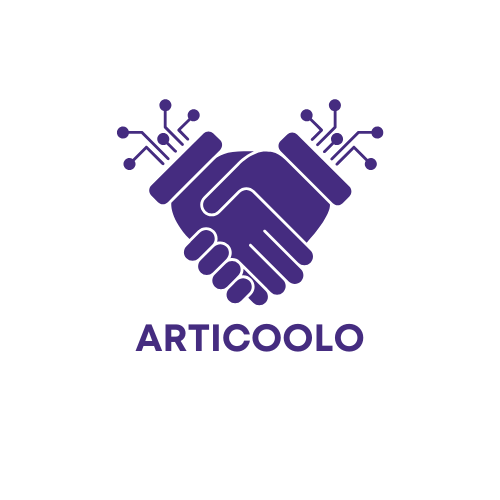For centuries, certain mushrooms have fascinated humanity with their mysterious effects on the mind. Today, science is unlocking what ancient traditions seemed to know: psilocybin, a natural compound found in specific fungi, holds powerful potential for mental health therapy. Far from being a passing trend, it represents a new frontier in understanding the brain and healing emotional wounds.
What Is Psilocybin?
Psilocybin is a naturally occurring psychedelic compound found in over 200 species of mushrooms. Once consumed, the body converts psilocybin into psilocin, a chemical that interacts with serotonin receptors in the brain. This interaction alters perception, mood, and thought patterns, often resulting in profound shifts in consciousness.
Unlike recreational use, therapeutic psilocybin sessions are carefully controlled. Participants receive guidance from trained therapists who create safe, supportive environments for exploration and healing. Afterwards, individuals can go about their normal life activities like playing the online tower x game.
Why Psilocybin Is Gaining Attention
Traditional treatments for mental health conditions like depression, anxiety, and post-traumatic stress disorder often rely on daily medications and long-term therapy. While effective for many, these methods do not work for everyone. Psilocybin therapy offers a new approach, providing lasting relief after only a few guided sessions.
Research suggests that psilocybin helps “reset” neural pathways, allowing individuals to break free from negative thought patterns. Many patients report feeling more open, connected, and emotionally balanced after treatment.
The Science Behind Psilocybin Therapy
Brain imaging studies show that psilocybin decreases activity in the brain’s default mode network, an area linked to self-referential thinking and rumination. By quieting this network, psilocybin allows for a more fluid and flexible mental state. This makes it easier for individuals to confront traumatic memories, reframe negative beliefs, and experience a sense of unity with their surroundings.
In clinical trials, psilocybin has demonstrated promising results in treating treatment-resistant depression, end-of-life anxiety, and certain addictions. Unlike traditional antidepressants, which often require weeks to take effect, many patients notice improvements within hours or days.
Psilocybin and Emotional Healing
Beyond its neurological effects, psilocybin often elicits profound emotional experiences. Many describe feelings of awe, interconnectedness, and a sense of purpose. These insights can help individuals process unresolved emotions and develop healthier perspectives on life.
Therapists emphasize that the experience itself is only part of the healing process. Integration sessions, where patients reflect on and apply what they learned, are critical for lasting change.
A Bridge Between Science and Spirituality
Psilocybin therapy occupies a unique space between science and spirituality. Many participants report experiences that feel deeply meaningful, even mystical. While these experiences defy easy explanation, they often leave lasting positive impressions on mental well-being.
This intersection of evidence-based medicine and profound personal insight challenges conventional ideas of therapy, expanding what mental health treatment can look like.

Legal and Ethical Considerations
Despite growing evidence of its benefits, psilocybin remains a controlled substance in many countries. However, some regions, including parts of the United States, Canada, and Europe, are beginning to decriminalize or allow its use in therapeutic settings.
Ethical concerns center on ensuring accessibility, preventing misuse, and maintaining safe, supportive environments for therapy. As interest grows, establishing clear guidelines and training programs for therapists will be essential.
Who Can Benefit From Psilocybin Therapy?
Psilocybin therapy is not suitable for everyone. Individuals with a history of certain psychiatric conditions, such as schizophrenia, may be at risk of adverse effects. However, for many people struggling with depression, anxiety, or trauma, it offers hope when other treatments have failed.
Early research also suggests potential benefits for those dealing with existential distress, such as terminally ill patients seeking peace and acceptance.
The Future of Psilocybin In Mental Health
As research progresses, psilocybin is likely to become an increasingly accepted tool in mental health care. Scientists are exploring new formulations and delivery methods to make treatments more precise and accessible. Public perception is also shifting, with growing recognition that these compounds, once stigmatized, may hold life-changing therapeutic potential.
Psilocybin therapy represents a paradigm shift, moving from symptom management to transformative healing. Addressing the root causes of distress offers the possibility of lasting mental and emotional well-being.
Conclusion
The resurgence of interest in psilocybin marks a turning point in mental health treatment. Backed by modern science and guided by skilled professionals, this natural compound is helping people heal in ways that once seemed impossible. As research deepens and legal barriers continue to fall, psilocybin may well redefine how we understand therapy.
For those seeking new paths to mental wellness, the humble mushroom, powered by its intricate mycelium network, offers a compelling reminder: sometimes, the smallest things can spark the greatest transformations.














Discussion about this post